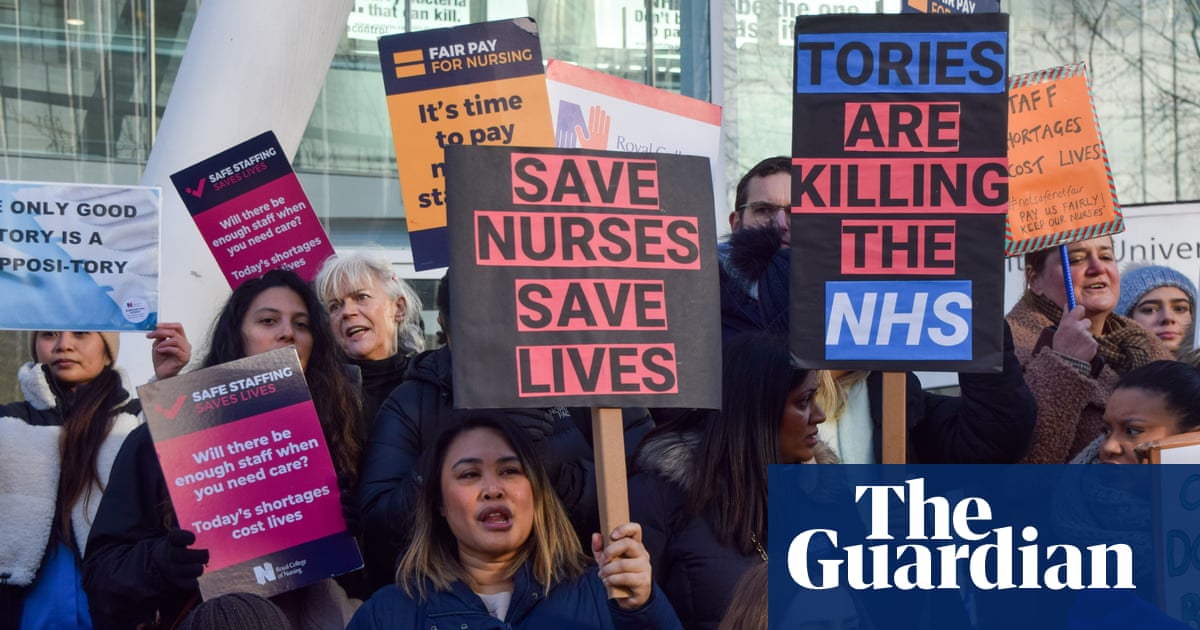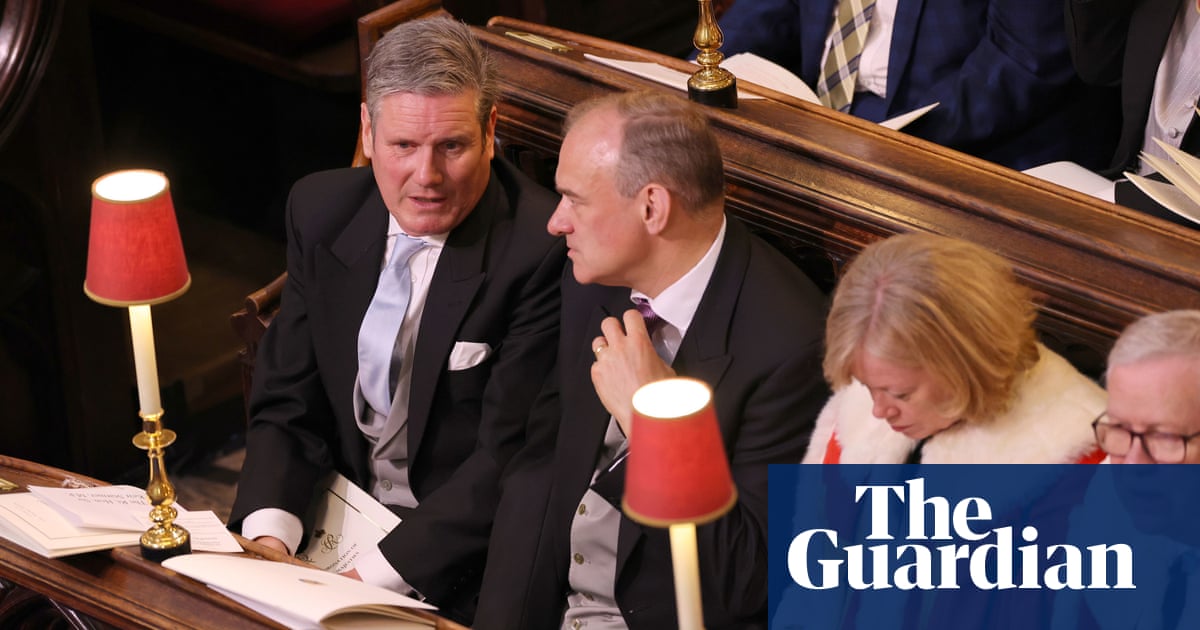
Boris Johnson should convene an emergency Cobra meeting to draw up a rescue plan for England’s overstretched ambulance services, the Liberal Democrats are demanding.
Their plea comes amid worsening delays in ambulances answering 999 calls and large numbers of crews having to wait outside hospitals because A&E staff are overwhelmed and the hospitals have run out of beds.
All 10 regional NHS ambulance services in England moved on to their highest alert level in September and October, meaning they were under “extreme pressure”, it emerged on Wednesday.
The health minister Edward Argar made the admission when answering a written parliamentary question from Daisy Cooper, the Lib Dem deputy leader and party health spokesperson.
“This is shameful. Forget the statistics. We’re talking about loved ones waiting for ambulances that arrive too late or get stuck in queues at hospitals, with devastating results,” said Cooper.
“The prime minister must get a grip of this crisis. He should call an urgent Cobra meeting and agree a rescue package for our overstretched ambulance services ahead of the difficult winter months.”
About 6,000 patients a year across the UK were dying because so many ambulance crews were tied up for long periods outside A&E units, the bosses of the 10 ambulance services last week estimated in a report.
It comes after Mark Docherty, the West Midlands ambulance service’s nursing and clinical commissioning director, recently told councillors how Shropshire “ran out” of ambulances to answer 999 calls.
“Two weeks ago today we ran out of ambulances in Shropshire and Telford,” he was quoted as saying by the BBC. “What I mean is that every single ambulance we had was stuck outside a hospital with a patient on. This isn’t about blame or pointing fingers. This is about us all acknowledging that we’re in a very difficult position.”
Ambulances are taking longer and longer to attend to incidents. The most recent NHS figures show that response times in October were the longest since records began in 2017. It is taking crews on average just under 54 minutes to answer the second most serious category of 999 call, three times the 18 minutes it should take.
Cooper is urging the prime minister to bring in military personnel to help NHS ambulance services, drop plans to close ambulance stations and boost bed numbers to stop hospitals getting so full, so that A&E staff can admit more patients more quickly.
The Department of Health and Social Care has been approached for a response.












